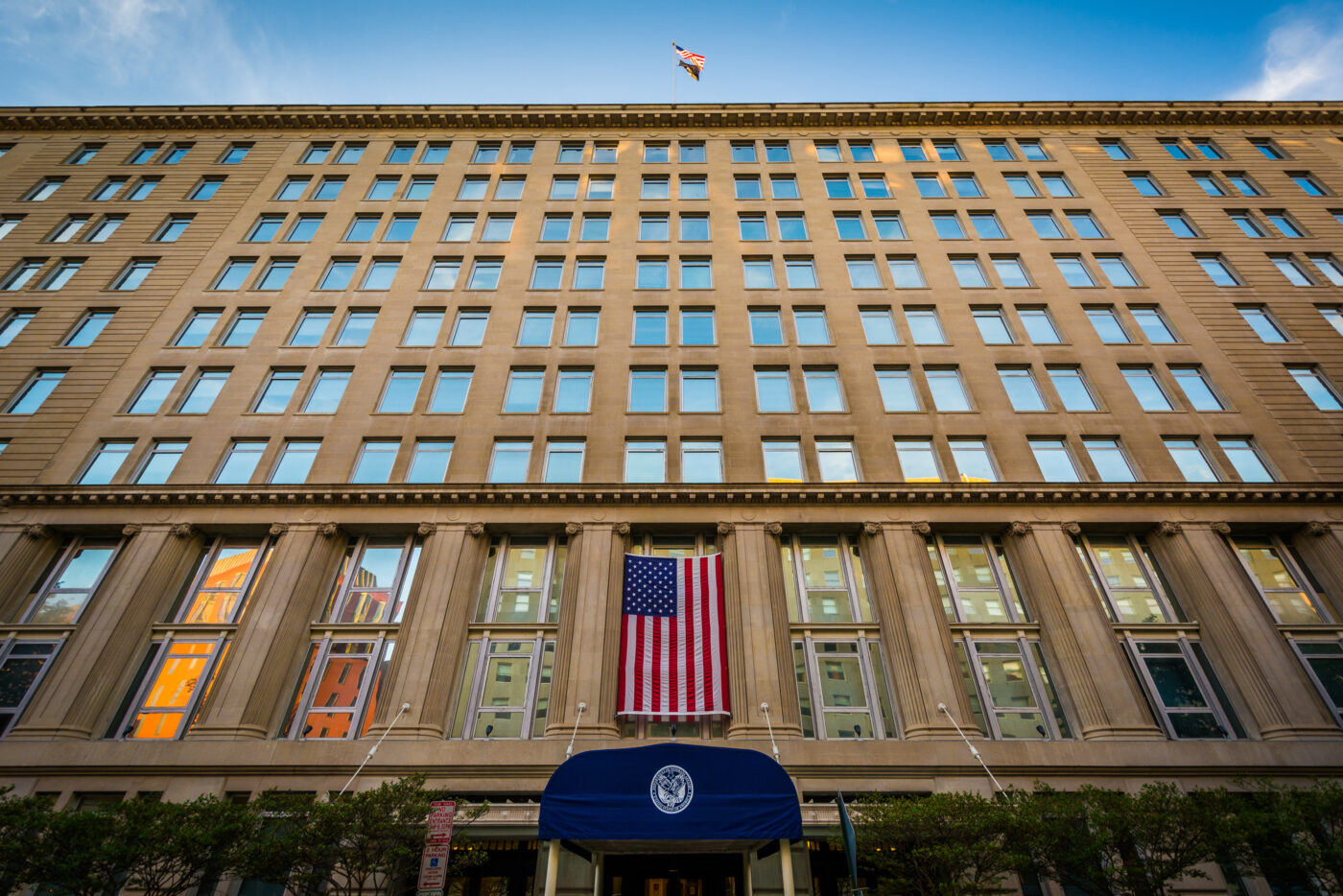VA Expands Community Care Referrals to One Year

A new Department of Veterans Affairs (VA) policy is giving veterans uninterrupted access to care by extending Community Care referrals from 90 to 180 days to a full 12 months. For veterans who depend on community providers when VA facilities are unavailable or unable to provide timely appointments, this change means fewer paperwork barriers, fewer delays, and a stronger focus on health and recovery.
In the past, many referrals expired after only a few months. Veterans and providers often had to restart the process to continue treatment, creating unnecessary disruptions. Under the new system, authorizations for 30 types of high-demand services will last a full year, ensuring continuity of care and reducing administrative obstacles.
For veterans who have long told us that access to healthcare is one of their most pressing needs, this update is an important step forward. In fact, in a Mission Roll Call survey, 73 percent of veterans identified access to care as their top priority for 2025.
The change applies to 30 specialties that many veterans rely on regularly, including:
- Cardiology
- Dermatology
- Endocrinology
- Neurology and Otology
- Otolaryngology or ENT
- Gastroenterology
- Urogynecology
- Addiction Psychiatry Outpatient
- Family & Couples Psychotherapy Outpatient
- Mental Health Outpatient
- Nephrology
- Neurology
- Nutrition Intervention Services
- Oncology and Hematology
- Neuro-Ophthalmology
- Oculoplastic
- Eye Care Examination
- Optometry Routine
- Orthopedic Hand
- Orthopedic General
- Orthopedic Spine
- Pain Management
- Podiatry
- Podiatry DS
- Addiction Medicine Outpatient
- Pulmonary
- Physical Medicine & Rehabilitation (Physiatry)
- Rheumatology
- Sleep Medicine
- Urology
It also covers several forms of mental health treatment, such as outpatient therapy, addiction psychiatry, and family or couples counseling. These are areas where consistent, uninterrupted care is especially critical, and extending referral periods helps ensure veterans can continue their treatment plans without interruption.
For veterans, the benefits are straightforward. A longer referral period means fewer renewal requests and less time spent on administrative tasks. It also means more consistent treatment, which supports better health outcomes over the long term. Providers in the community benefit as well, since reducing the need for repeated authorizations allows them to focus more on delivering care rather than navigating paperwork. Ultimately, this is about efficiency and ensuring veterans stay at the center of the process.
If you are already receiving treatment through VA Community Care, now is the time to check with your provider or local Community Care Office to see whether your referral qualifies for the new 12-month authorization. If you are not currently enrolled in community care but need access to services that are unavailable or delayed at your VA facility, you can speak with your healthcare team about whether you qualify for a referral under the expanded program.
This update is more than an administrative improvement. It represents a meaningful shift in how the VA is working to strengthen access to care for veterans, recognizing the importance of consistency, timeliness, and choice in healthcare.
With year-long referrals now available across 30 essential services, veterans can count on receiving the care they need without unnecessary interruptions, and that reflects real progress toward addressing the priorities they have voiced loud and clear. If you have not yet enrolled in VA benefits, now is the time—visit VA.gov to begin your application and ensure you have access to the full range of resources and care you have earned.
Your voice matters. Take our latest survey to share your experiences and priorities. Your input directly informs Mission Roll Call’s advocacy efforts and helps shape legislation and policies like this one. Take the survey.